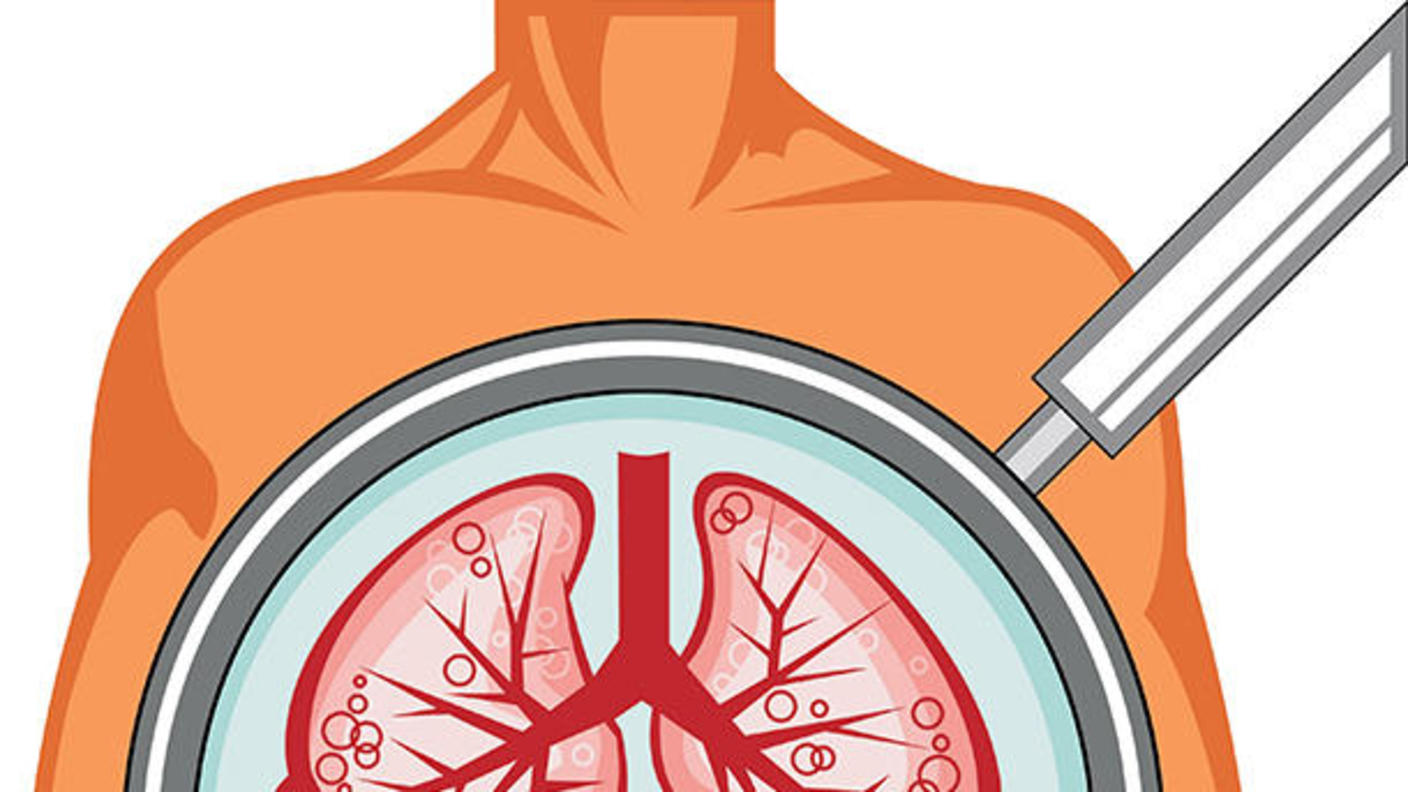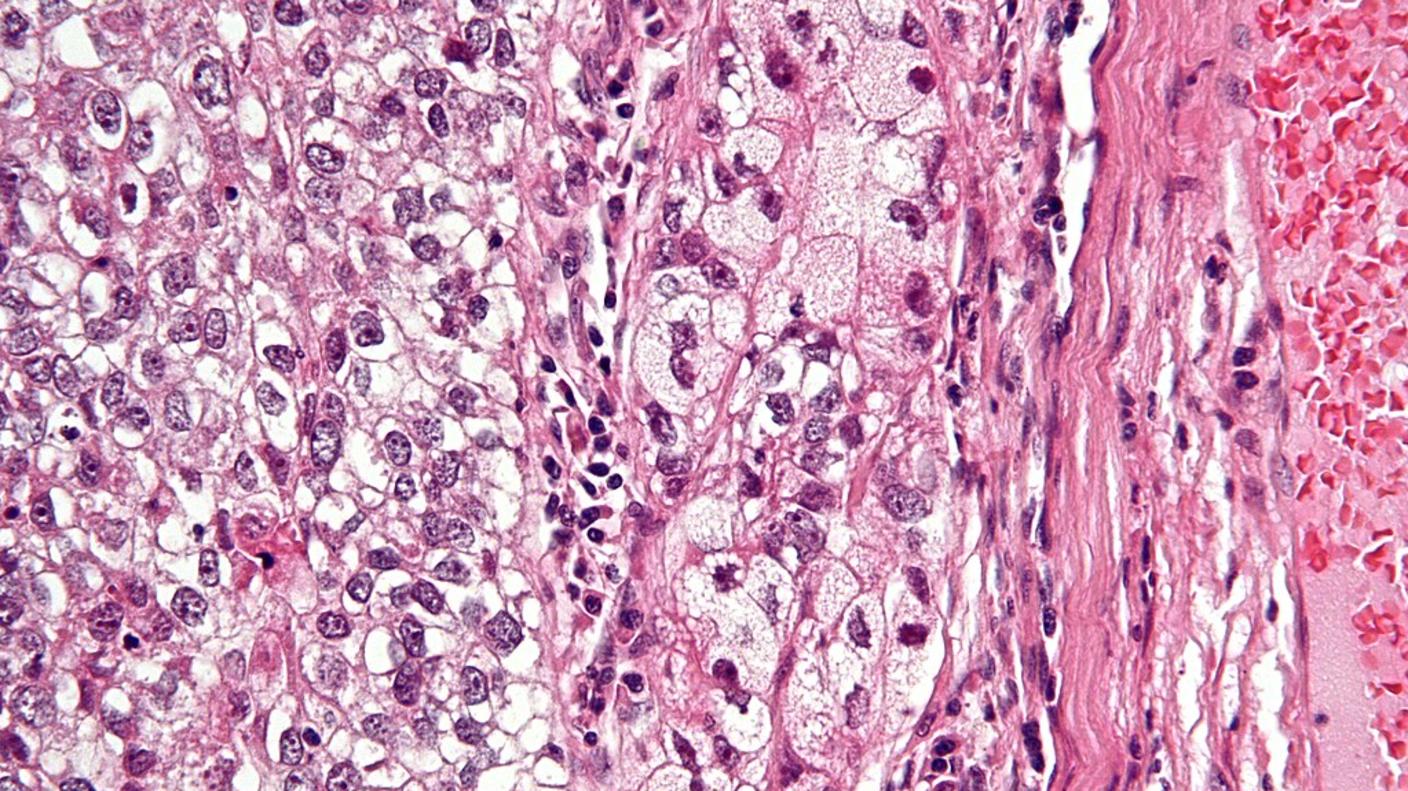How We Study
DCEG investigators utilize a variety of research approaches in seeking to understand the causes of cancer.
Research Areas
-
Absolute Risk Modeling
Explanation of absolute risk modeling and how it was used to develop the NCI Risk Assessment tools (breast, colorectal and melanoma)
-
Descriptive Epidemiology
Descriptive epidemiology studies characterize cancer incidence and mortality temporal trends, age-specific rates, geographic distribution of cancer, race and ethnic differences in cancer rates, and birth cohort effects.
-
Exposure Assessment
Exposure assessment techniques and procedures used to measure lifestyle, occupational, and environmental exposures.
-
Genomic Studies
Investigations of the biological basis of inherited and acquired genetic variants associated with cancer susceptibility.
-
Metabolomics
The study of small-molecule metabolites in cells, tissues, and organisms that may be related to cancer risk.
-
Human Microbiome and Cancer
Research to characterize the relationships of certain cancers to the full spectrum of microbial flora
-
Interdisciplinary Working Groups
Learn about our collaborative efforts to support interdisciplinary approaches to epidemiological and genetic research.
-
Psychosocial Effects of Cancer Predisposition Syndromes
Studies to identify best practices to counsel and care for at-risk individuals and families
-
Tumor Tissue Profiling
Studies to pinpoint specific molecular or genomic cancer subtypes, identify novel signatures linked to inherited factors and environmental exposures
Latest Research News
-
 New Ancestry-adjusted Lung Cancer Prediction Model
New Ancestry-adjusted Lung Cancer Prediction ModelUsing genetic variants to predict lung cancer risk and success of tobacco cessation
-
 Activity, Metabolites, and Breast Cancer
Activity, Metabolites, and Breast CancerAffected metabolites include glucose regulation, amino acid, and fatty acid metabolism
-
 Genomic Landscape of Sebaceous Tumors
Genomic Landscape of Sebaceous TumorsStudy identifies key diagnostic and therapeutic targets for this rare, aggressive skin cancer.